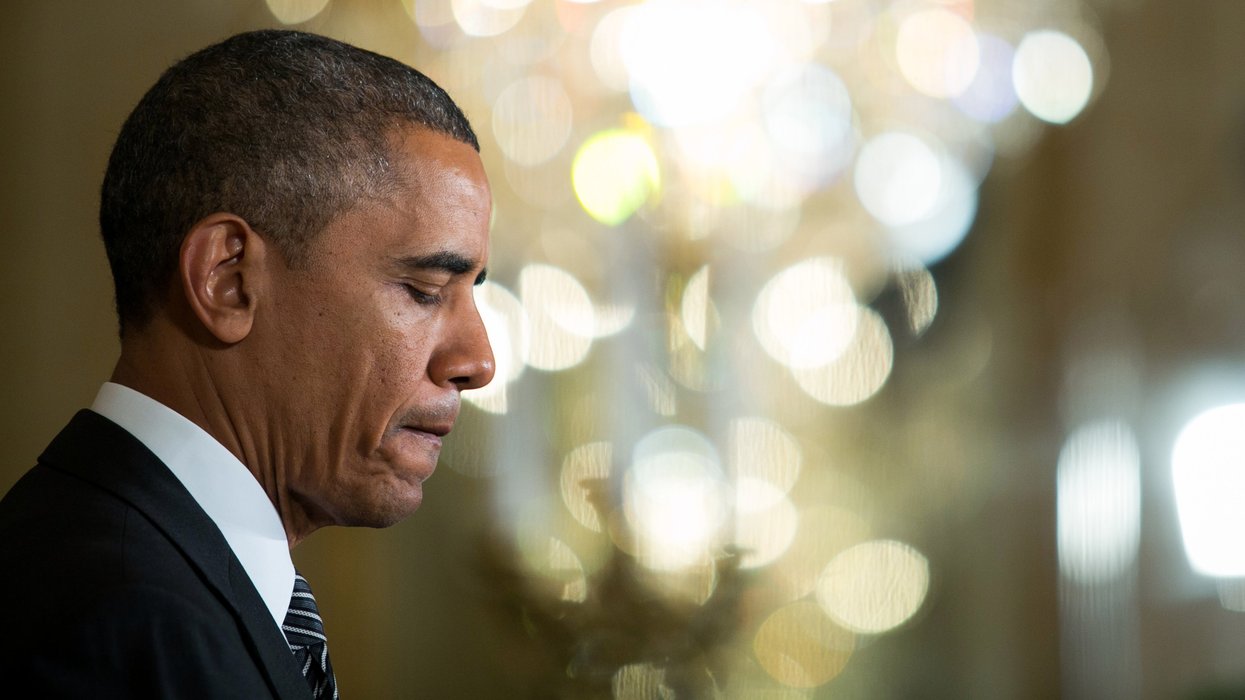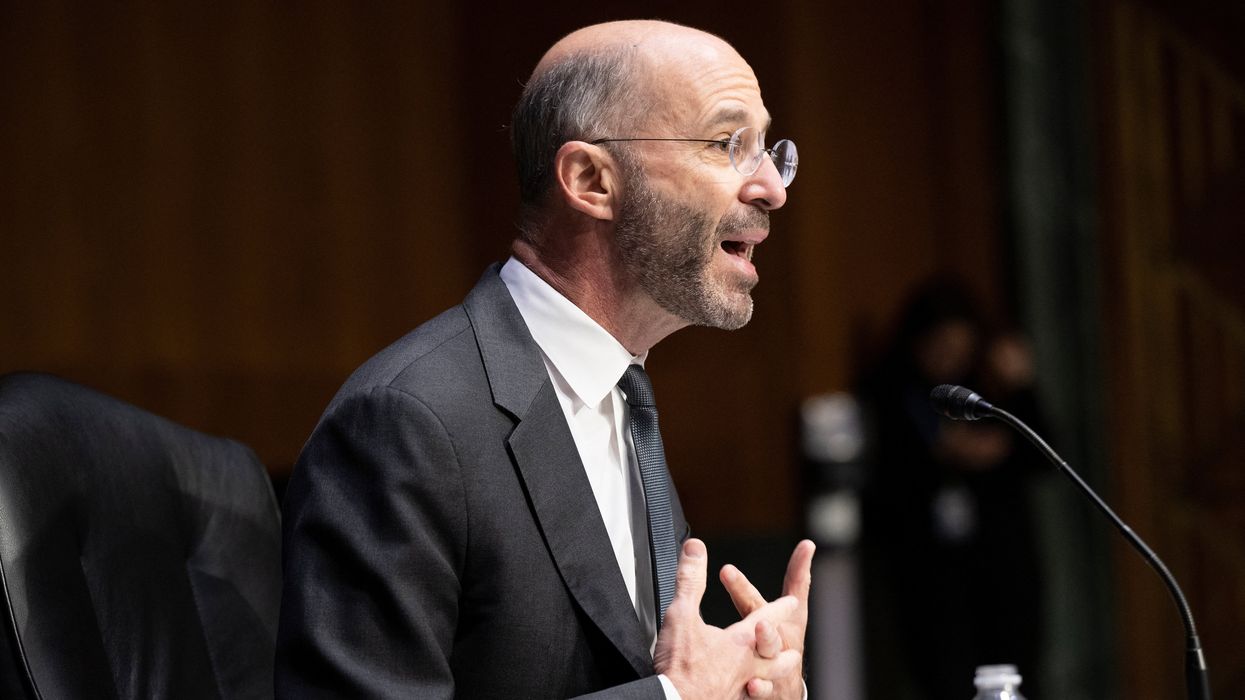The Foundation of Individual Rights in Education (FIRE), a nonprofit organization focused on protecting civil liberties in academics, surveyed 53 of America’s top universities and found a majority failed to provide students accused of a serious crime with due process protection.
FIRE’s Spotlight on Due Process 2017—the first survey of its kind—gave 85 percent of universities surveyed a failing D or F grade for due process protections, or lack thereof. Students accused of serious crimes are not even considered innocent until proven guilty at 39 of the 53 universities FIRE examined.
This report should not be shocking, with the numerous stories circulating about universities routinely violating the due process rights of students accused of sexual assault or rape. However, even to those versed on the subject of colleges gone crazy, it’s still hard to believe that a substantial majority of universities fail to afford students their basic constitutional rights.
These aren’t small schools nestled in the middle of nowhere, strapped for funding and personnel. It’s Columbia University, Harvard, New York University, and Pennsylvania State University that have failed to provide procedural safeguards like a right to counsel or a right to cross examine witnesses or the complainant, either by the accused or the accused’s counsel—among others.
“This report should be a huge red flag to students, parents, legislators, and the general public that an accused student’s academic and professional future often hinges on little more than the whim of college administrators,” said Samantha Harris, the Vice President of policy research at FIRE.
If a crime is serious enough, a student could face suspension or expulsion from their school, potentially ending their academic career. The failings of administrators have the potential to affect students everywhere.
FIRE’s due process reports comes around the same time as the U.S. Department of Education’s announcement that they will review the previous administration’s 2011 “Dear Colleague” letter. The Department of Education’s Office of Civil Rights determined during the Obama administration that sexual assault and sexual harassment are forms of gender inequality and must be investigated under Title IX.
The letter outlined how colleges must conduct investigations by using a preponderance of evidence standard. With this standard, Title IX investigators only need to be 51 percent certain of the accused’s guilt to enact punishment. OCR also instructed schools not to wait for a criminal investigation to conclude before starting their own Title IX investigation, and advises them not to allow cross examination of the complainant as it could further traumatize them. But this hesitance to thoroughly examine both parties makes it harder to discern who is at fault.
Some universities have separate sexual misconduct policies, which FIRE outlines in their report. Brandeis University, one of the schools listed, scored a D for failing to provide adequate due process protection in sexual misconduct cases. The university does not ensure the accused has a right to counsel and does not require an unanimous ruling to expel the accused. And the school’s grade appears to be appropriate as just last year a student sued the university after they violated his due process rights in a Title IX investigation.
Robby Soave, an associate editor at Reason, details the story in his article. “The accused, ‘John Doe,’ was found responsible for stolen kisses, suggestive touches, and a wandering eye—all within the context of an established sexual relationship,” Soave explained. “In January 2014, J.C. made a two-sentence accusation against Doe, who was not informed of the nature of the charges against him. He was also denied a lawyer, the opportunity to evaluate evidence against him, and the opportunity to cross-examine witnesses, including his accuser.”
The Brandeis student ended up suing his university and a federal judge ruled his lawsuit should proceed, citing significant concerns about the lack of basic fairness in the investigation.
Pennsylvania State University, which received an F for both its sexual misconduct policy and its disciplinary policy has been rebuked twice by the same judge for its failure to ensure due process protections for the accused.
FIRE’s Samantha Harris published a piece in Reason about Penn State’s situation. A female student (Jane Doe) accused a male student (John Doe) of forcibly digitally penetrating her and causing her to bleed. The university found John Doe guilty and he was expelled, but he sued, saying his due process rights were violated during the investigation and hearing. The judge overseeing the Penn State student’s lawsuit ruled in his favor and ordered the university to reinstate him.
There are numerous stories like those at Penn State and Brandeis University, but the tides may be turning. It is long past time that universities learn how to handle accusations of rape without violating students’ constitutional rights.
Rape victims are not getting justice if their assailant is able to get a cash settlement because the university failed to provide a fair and balanced trial, nor is justice being served if innocent people have their reputation and academic careers ruined by campus kangaroo courts. Ensuring due process for everyone involved in a campus dispute is the best path forward for universities and their students.
Lindsay Marchello is a Young Voices Advocate and an Associate Editor with the Carolina Journal. Follow her on Twitter @LynnMarch007.










